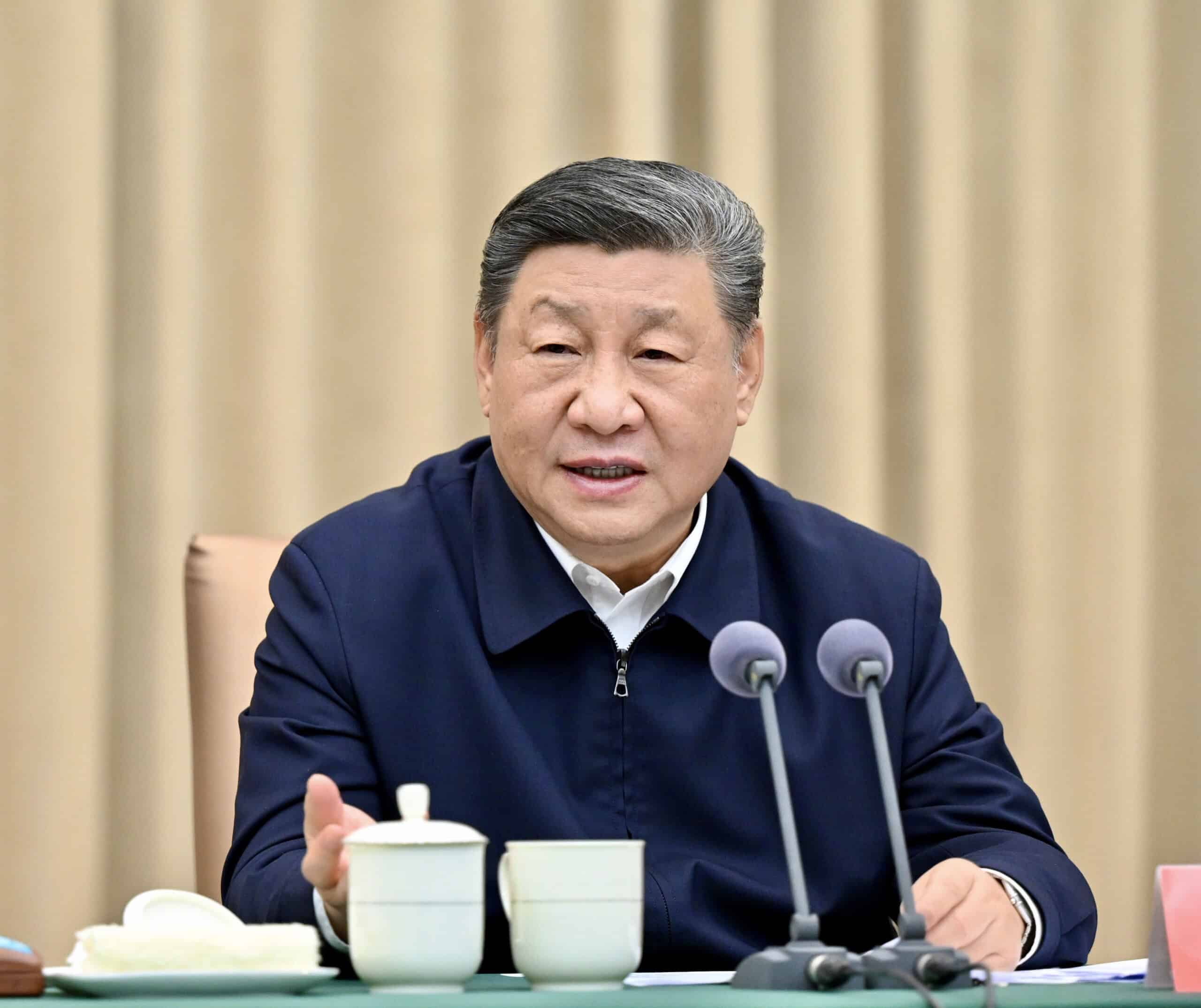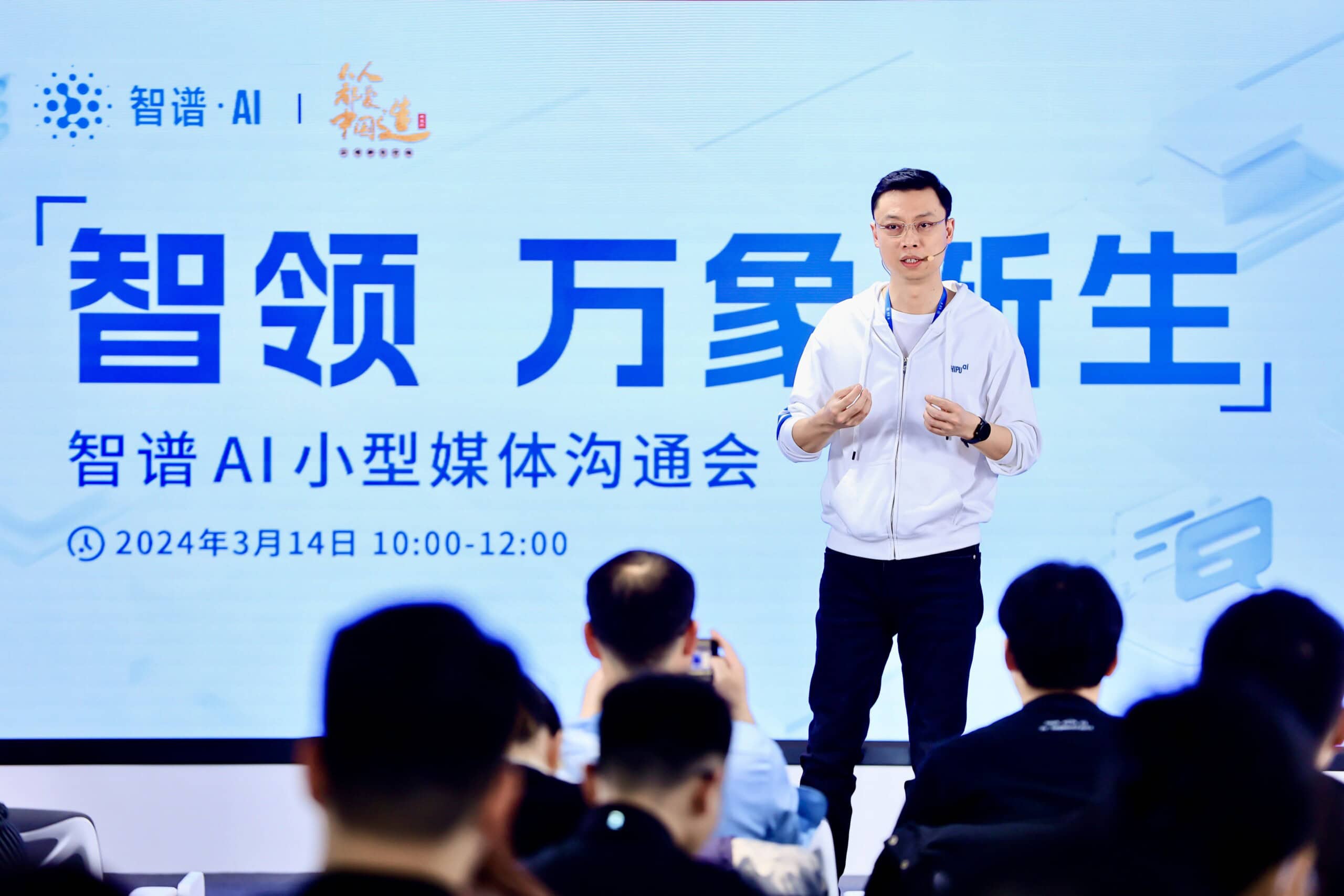Robert B. Zoellick has long played an important role in Republican security and economic policy-making circles, including policy towards China. During the George H. W. Bush administration he was a senior aide to Secretary of State James Baker and was eventually named under secretary for economic and agricultural affairs. Under George W. Bush, he was initially appointed U.S. Trade Representative when China was about to join the World Trade Organization. Later he became deputy secretary of state,
LISTEN NOW
Face-Off: U.S. vs. China
A podcast about the turbulent relationship between the world's two superpowers, the two men in charge, and the vital issues that affect us all.



